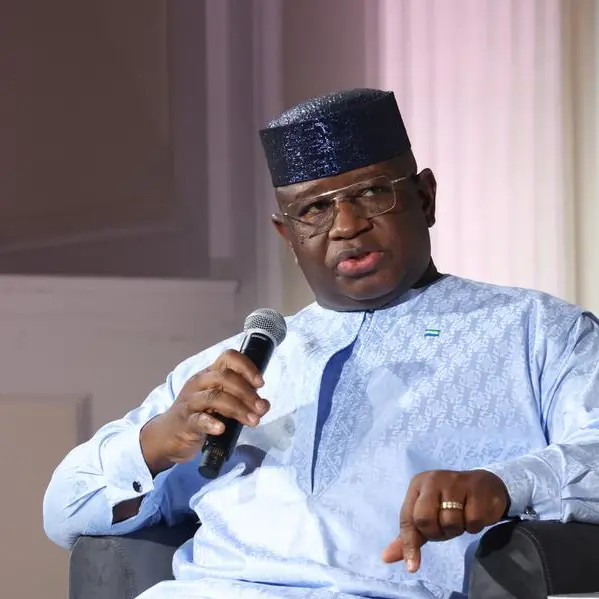PHOTO
SMEs in the GCC are underbanked, meaning there is growth potential for private credit as interest in it gathers pace outside the USA, according to industry experts.
More asset managers with a private credit focus are taking an interest in the region, with local investors taking an interest due to returns in the mid-teens and major players as well as small outfits setting up in the GCC, particularly in the UAE.
Private credit growth in the US surged after the global financial crisis as banks became more heavily regulated and capital markets stepped in to meet the financing needs, said Anders Persson, Fixed Income Chief Investment Officer at American asset manager Nuveen.
Nuveen, which has $588 billion fixed income assets under management, including private credit, was one US-headquartered manager that launched an Abu Dhabi office last year, along with Golub Capital.
Persson said the US’s private credit market has reached $1.5 trillion. The second phase of growth after the US has been in Europe, where risk-based capital pressure meant that banks pulled back and private credit issuers or lenders stepped in to fill the void.
Fortress Investment Group announced in May 2024 that, along with Mubadala, the Abu Dhabi sovereign fund, it had acquired 90% of Fortress’s equity held by SoftBank Group Corp. to capitalise on opportunities in global credit markets.
Andy Frank, Managing Director and Global Head of Private Credit Origination at Fortress Investment Group, said regulation and bankruptcy laws are important for the growth of the asset class, and a healthy SME market.
“We have a value add, and we know the industry very well, and people view us as more than a capital partner; they view us as a resource, an expert in the field in some instances,” he said. “We have all raised a lot of money from the region, but we haven’t deployed a lot of money in the region, but I think that’s the next evolution of it.”
Transparency, auditing and reporting are key, which could be bolstered by recent changes such as the introduction of corporate tax regimes.
“Asset-based credit could be a first mover in this space, driven by the considerable population growth of younger professionals and inbound expats and support from government and regulators to grow the SME market,” he said.
Banks still dominating
Antonello Aquino, Managing Director, EMEA Private Credit and Insurance and MEA Banking, at Moody’s, said banks still dominate the lending space in the GCC and private credit is at a nascent stage.
However, the asset class has gathered steam since 2022, and there is further growth potential as SMEs in the Gulf are underbanked but important to the ongoing economic diversification agendas.
“Several GCC sovereign wealth funds have indeed increasingly shown interest in the asset class and partnered with established US alternative asset managers to deploy capital into private credit outside the region,” he said.
“However, we note the growing interest of foreign players in having a presence in the region through the set-up of investment vehicles that include private credit, given the strong funding needs that domestic economic transformation plans entail. Continued reforms in the region to protect creditor rights will encourage more institutional investors in a hunt for yield to allocate capital to private credit,” he added.
Transparency
For new private credit-focused ventures such as Kingsbury & Partners, which launched in Dubai in October 2024, increased transparency is a key focus.
John Hubball, its co-founder and COO, said his firm is yet to deploy in the region and that the US fits into the firm’s macro strategy. It has been working with family offices and high-net-worth individuals investing in assets private student loans, which are attractive as they are higher up the bankruptcy hierarchy than other commitments such as credit cards or auto loans.
As well as setting up offices, managers are making inroads through acquisitions. For instance, London-headquartered and New York–listed Janus Henderson acquired the National Bank of Kuwait Group’s NBK Capital Partners last year.
Omar Sultani, the newly appointed head of Middle East business development at Polen Capital, a Florida-based manager that launched its ADGM office last month, said demand for illiquidity and private credit as well as large capital and mid-market lending means an increase in competition in the US, which means compressed yields.
Sultani said Polen’s plan is not to come to the GCC and send money overseas. “We are a growth equity and credit specialist. If we can apply that to a GCC equity and credit we would love to do that. And that’s on the cards for us,” he said.
(Reporting by Imogen Lillywhite; editing by Seban Scaria)





















